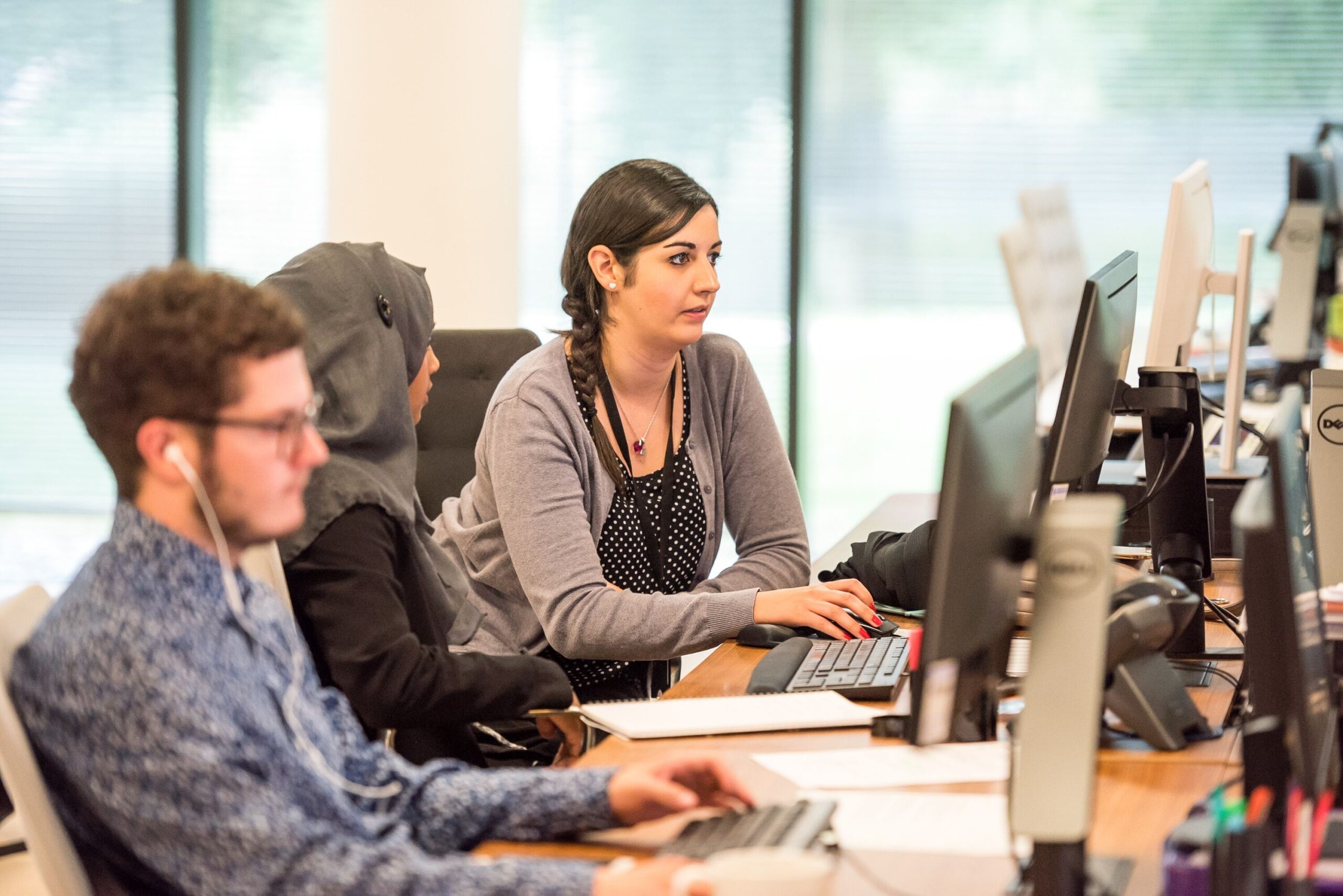
Generative AI is becoming more widely available for use in schools by teachers, students, and academics, including large language models (LLMs), such as ChatGPT. While many educators appreciate the potential benefits of generative AI for enhancing learning, there are also concerns about authorship, authenticity, plagiarism, ethics, biases, and the broader implications of their use in education.
The aim of this School of Technology-funded seed project is to investigate the affordances and challenges presented by LLMs and other areas of generative AI in computing education. We planned to do this by setting up a working group of teachers to develop guidance for computing teachers around the use of generative AI, specifically large language models (LLMs) such as ChatGTP, in their practice. Much of the guidance around the use of AI in education that is currently being published is from ministries of education and large policymaking organisations; instead, this project takes a bottom-up approach by drawing on teachers’ perspectives and experiences thus far in this rapidly evolving world. Proposed outputs from this project are guidance for computing teachers generated by the teacher-led working group and an academic publication describing the challenges and affordances of generative AI.
This short project runs from November 2023 to June 2024.
A participatory methodology is being used in that the research team includes eight teachers currently working in school who are working alongside the academic members of the team.
The project was initially focused on LLMs in computing education only, but the teacher working group is keen that our focus also embraces generative AI in general. However, the primary focus is on LLMs as an example of generative AI.
Research questions:
We organised three workshops to iteratively generate themes which would underpin the development of guidance for those in computing education. The first workshop was in-person in Cambridge, with subsequent workshops online.
Emerging themes from the workshops are:
One particular issue arising from the data was that for a computing teacher considering whether and how to teach the concepts and skills of AI, there are many aspects to be considered. Teachers may want to teach pupils how LLMs work, teach them how to use them effectively for learning, and use them themselves for innovative teaching methods or productivity purposes. They may also focus on students’ own use of generative AI. These four aspects of generative AI can easily be confused.
One of the primary outputs of this ongoing project is guidance for computing teachers around the use of generative AI in school. This is now available to download here:
This interdisciplinary project was funded by School of Technology seed funding.
Sue Sentance, Steve Watson, Veronica Cucuiat, Shengpeng Shi, Jane Waite, Bo Yu (2024). Investigating the use of Large Language Models in computing education. BERA Conference, September 2024, Manchester, UK. [link to follow]